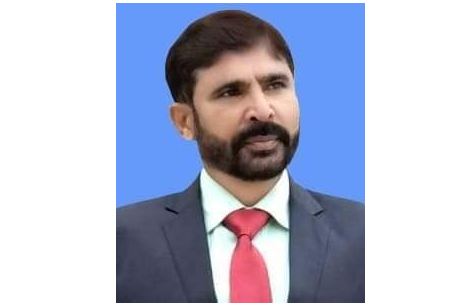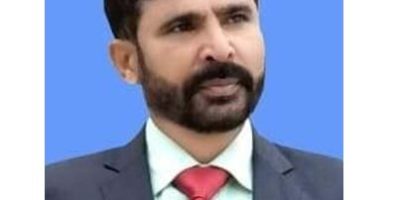Pakistan’s Political Landscape and Constitutional Ambiguity

Dr. Muhammad Akram Zaheer
Pakistan is currently facing a political deadlock as the federal government and opposition party, Pakistan Tehreek-e-Insaf (PTI), continue to face off over the holding of elections. The PTI held a meeting at Lahore’s Minar-e-Pakistan Tower grounds, where Imran Khan addressed a large gathering of supporters, announcing a program to save Pakistan’s failing economy as part of his year-long campaign to return to office. However, the ruling coalition led by Prime Minister Shahbaz Sharif is determined to hold off polling for as long as possible for provincial and national assembly elections, citing the country’s unpreparedness for the elections, especially the threat of terrorist attacks by the Tehreek-e-Taliban Pakistan (TTP) militant group in the coming months.
The Electoral Commission of Pakistan announced its inability to conduct fair and just elections in light of the security situation and financial problems, postponing the mandatory provincial elections from late April to early October. This move, ignoring the constitution, came after the army announced its failure to provide security for the polls due to continued engagement in counter-terrorism operations.
Imran Khan sought the intervention of Pakistan’s highest courts, filing a suo-motu notice to the Chief Justice of the Supreme Court of Pakistan, accusing the Election Commission and the Sharif government of engaging in treason to break the constitution. The government has gone to the Supreme Court to provide legal support for its extra-constitutional measures.
Chief Justice Umar Atta Bandial is now in a central role in trying to break the political deadlock in Pakistan. Against a backdrop of deep politicization of bar associations, seemingly divergent sympathies among senior judges, and questions about the impartiality of the judiciary, the chief justice has emerged as a key character in a political drama. Many believe that the result will eventually be written as per the wish of Pakistan Army Chief AsimMunir. Even if Khan prevails in the Supreme Court, there is a real possibility that the government and the security establishment may choose not to implement his decision.
For the first time in Pakistan’s history, the ruling coalition government appears to be trying to implement the country’s infamous “ideological necessity” without formally announcing it or seeking the approval of the Supreme Court. The military establishment and the responsible political elite will determine when a situation amounts to a criminal offense, without justifying the breach of constitutional obligations.
Behind this argument lies a fundamental constitutional dilemma for Pakistan: under what circumstances and by whose authority should national security concerns take precedence over constitutional obligations and the rule of law? The conflicting views intensified when the Electoral Commission of Pakistan announced its inability to conduct fair and just elections in light of the security situation and financial problems.
In short, Pakistan is facing a complex political situation where the government and opposition parties are at odds over the holding of elections. The postponement of the provincial elections has raised constitutional concerns, and the involvement of the military establishment has further complicated the issue. The role of the judiciary in resolving the deadlock will be crucial, and it remains to be seen how the situation will unfold in the coming days and weeks.
Related News

Growing Pak-Afghan Conflict
Dr. Muahammad Akram Zaheer The recent escalation of terrorist activities aimed at critical infrastructure andRead More

Innovative diplomacy with the US, KSA and Iran
By: Qamar Bashir The convergence of diplomatic engagements between Pakistan, USA, Kingdom of Saudi ArabiaRead More


Comments are Closed